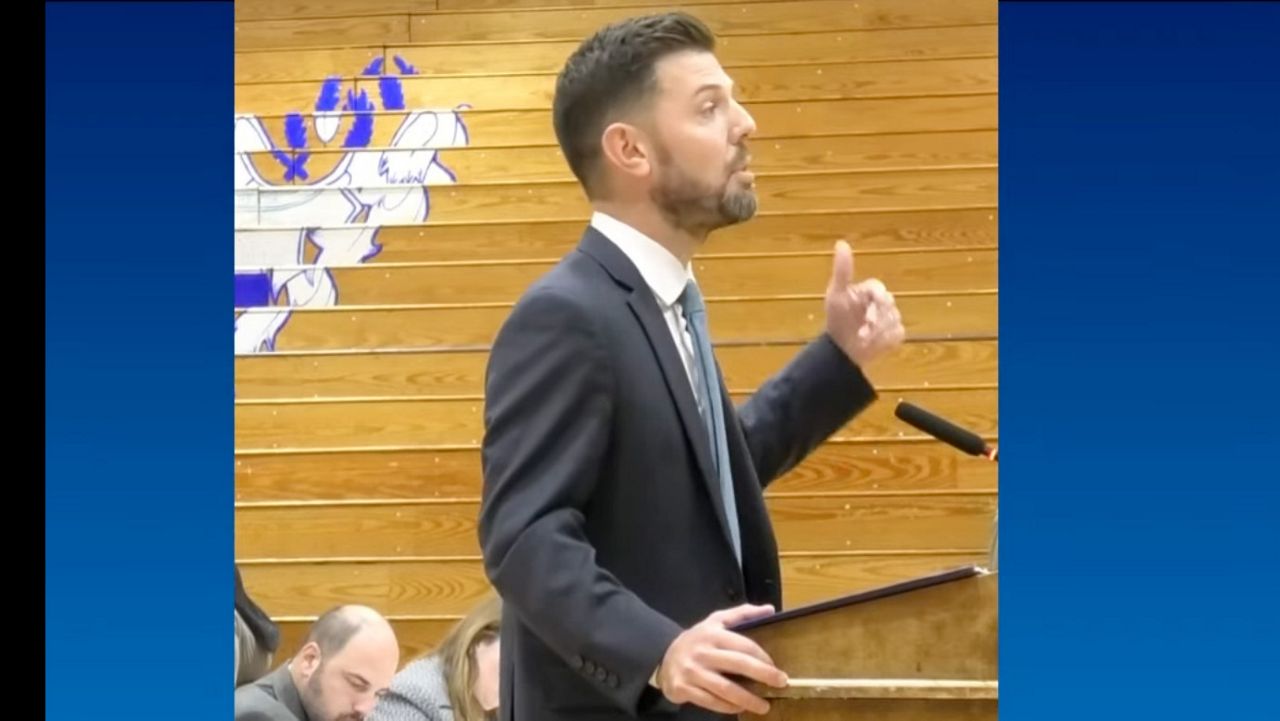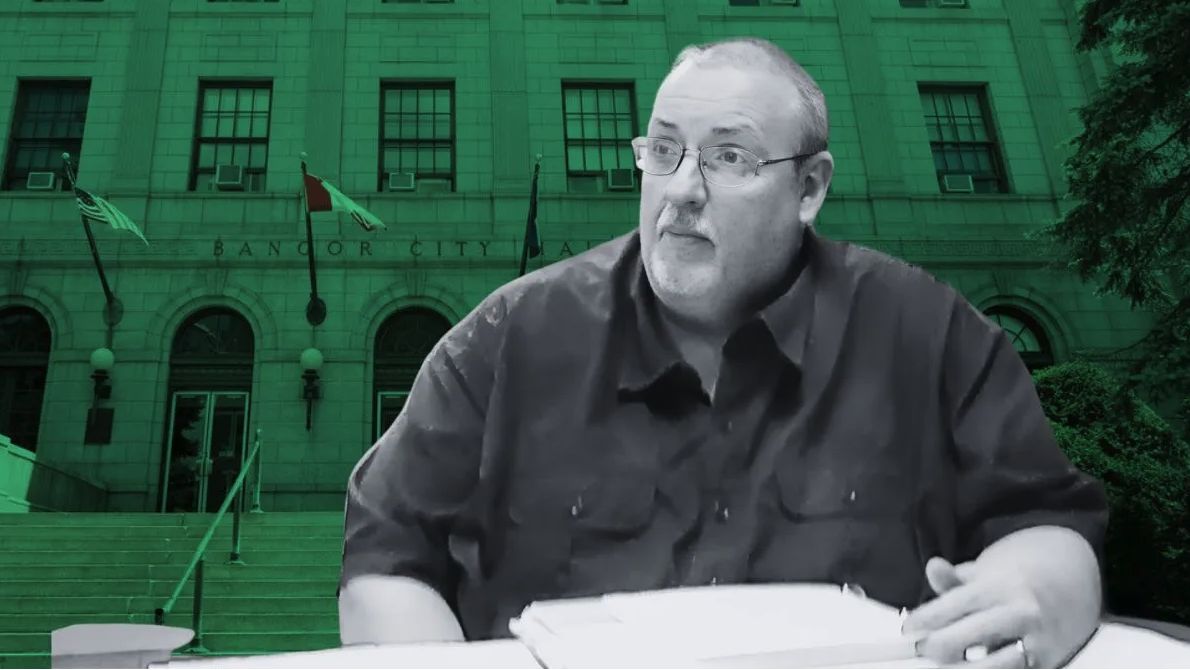Attorneys in a Wells property dispute argued before the Supreme Judicial Court Thursday over whether beachfront property owners can restrict access to the beach areas in front of their homes.
The court held the hearing at Lewiston High School, part of an ongoing initiative by the court to allow students to see the state’s highest court in action firsthand.
The case, Peter Masucci et al vs. Judy’s Moody LLC et al, concerns an ongoing battle spanning decades over access to Moody Beach, which continues off the northern end of neighboring Ogunquit Beach.
“This is a case to restore the public’s rights on intertidal land,” Portland Attorney Keith Richard, representing the plaintiffs, argued before the justices.
At issue is a complex debate over use of the beach itself, including rights under colonial-era property records being overlapped by U.S. and Massachusetts law.
That law was overlapped again by new law when Maine broke away from Massachusetts and became its own state in 1820. The new state law granted access to the public, regardless of ownership, for all beaches, approximately 35 miles of Maine’s coastline.
The ultimate question is whether that final change to the law can fairly be applied to what used to be considered private property. The question remained largely unasked until the 1980s, when a group of Moody beachfront property owners first took the Town of Wells to court over the issue, in a pair of cases titled Bell vs. Town of Wells.
The Supreme Judicial Court in 1989, in a decision described today as the Bell decision, sided with the property owners.
The current case, Richard said in past interviews, follows a series of previous related cases that Richard said have weakened the 1989 decision. That prompted a group of non-beachfront residents and local business owners to jointly file suit.
On Thursday, when the justices asked Richard if he felt the Bell decision should be thrown out altogether, he said, “I think that Bell is hobbling and deserves a proper burial.”
Christopher Kieser, a California-based attorney representing the property owners, said the plaintiffs are trying to interfere with longstanding rights of property owners.
“They ask this court essentially to transform, or to give the legislature the power to transform what has always been recognized as private property into public property,” he said.
Several attorneys representing both sides of the case gave arguments and answered the justices’ questions over about an hour and 20 minutes. At the end, Justice Andrew Mead, who presided over the hearing, said the decision is now in their hands, and will be announced at a later date.










